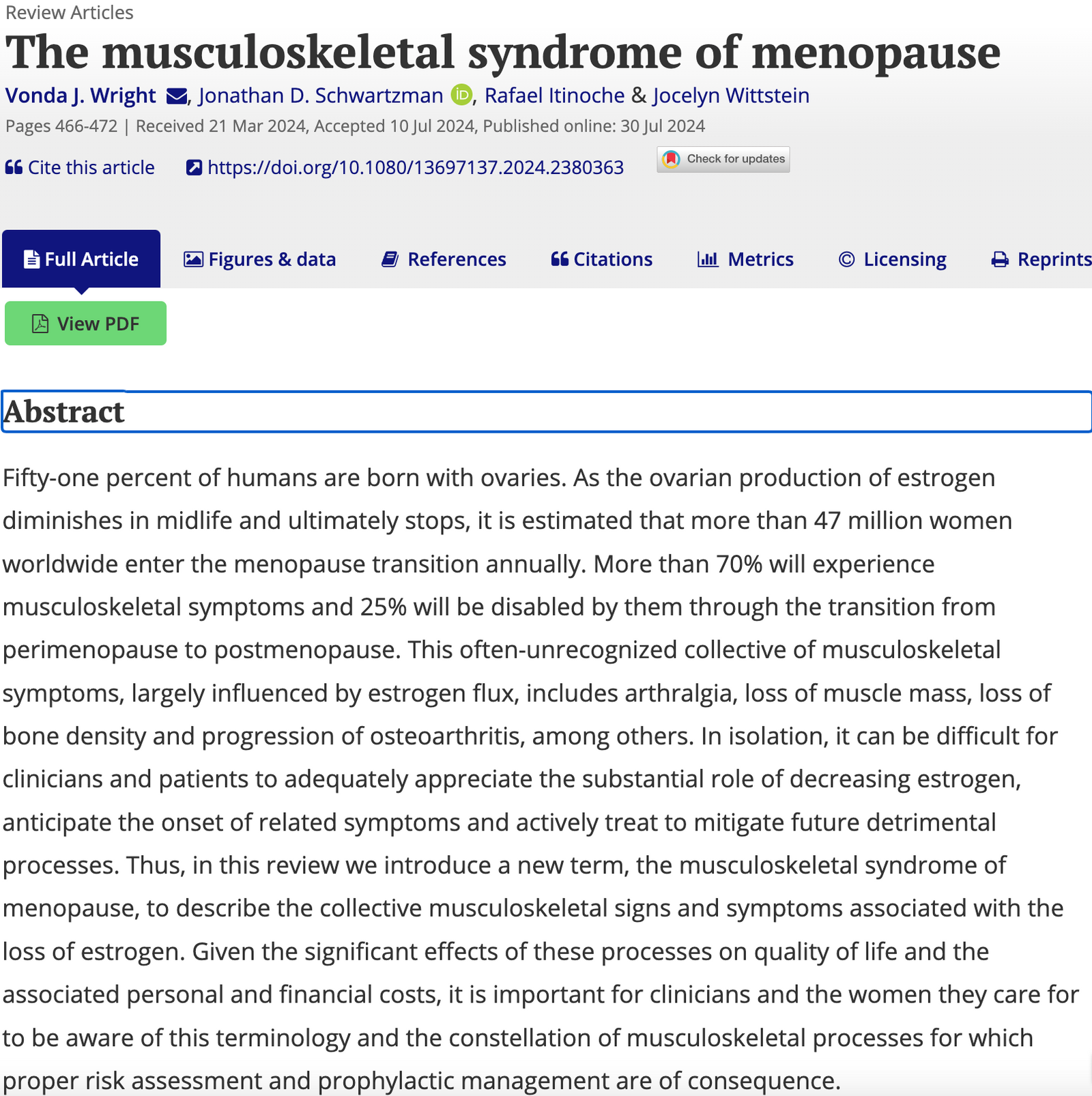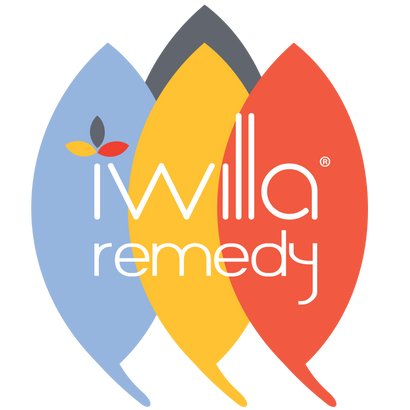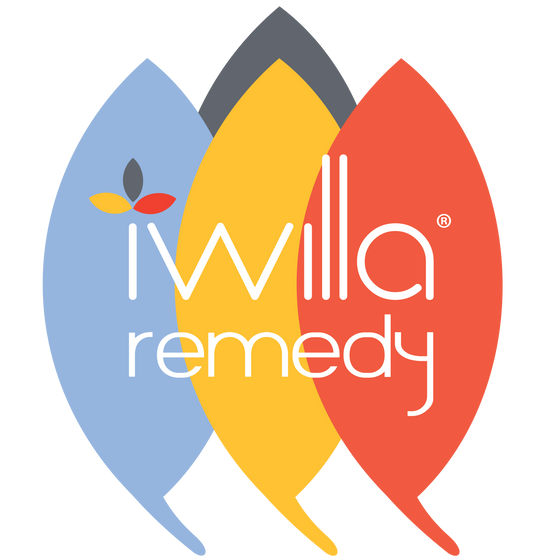The Musculoskeletal Syndrome of Menopause & Herbal Support
October 03, 2024

Here’s a recently published article by Vonda Wright et. al that discusses the constellation of musculoskeletal symptoms that occur in peri/menopausal people.
If you’re approaching or experiencing this transition, here’s what you need to know about what this writer is calling “the musculoskeletal syndrome of menopause,” along with a few of my thoughts:
-
Estrogen levels take a nosedive during menopause and can cause over 35 symptoms, including painful vaginal dryness, urinary incontinence and recurrent UTI’s, brain fog, loss of libido, headaches, anxiety and much more.
-
What people may not realize and what also may be dismissed by your provider as “something that just happens as you age” are the musculoskeletal issues like joint pain, stiffness, and inflammation, decreased muscle mass and strength that leads to poor balance, reduced height (I remember when my mother said she lost an inch), loss of stamina, back pain and susceptibility to bone fractures and more.
-
You may have thought that estrogen was just responsible for your period, but it’s involved in many physiological processes. You have estrogen receptors of course on our reproductive organs, but also in your bone, liver, brain, heart, skin, GI tract, muscle, and adipose (fat tissue). So this partially explains why so much is affected during menopause.
-
The author notes that nutrient supplementation with Vitamin D, K, magnesium and creatine, along with dietary changes (increased protein intake) and resistance training help mitigate the musculoskeletal symptoms. Your diet can help or hurt everything. Supplementation may be necessary, but it doesn’t compensate for nutrient poor food, so be sure to lay healthful food foundations.
-
Wright also heavily recommends Menopausal Hormone Therapy or the use of synthetic estradiol and progestogens to slow the rate of estrogen loss. Hormone therapy is certainly an option for some, but you can explore herbs before MHT as we have a plethora of plant sources of estrogenic compounds in our food and herbs. These phytoestrogens bind to our estrogen receptors, not as strongly as our biological estrogen, but increasing your intake of the plants can also help the body adjust while hormone levels are fluctuating and declining.
- Some herbs for you to research and consider include: Black Cohosh, Kudzu Root, Vitex, Red Clover, Wild Yam, Maca, and Tribulus. Try one at a time and see how you respond. Check in with your provider and clinical herbalist (that’s me) before using these if you have an estrogen-sensitive cancer or estrogen dominant condition like endometriosis, fibroids, etc. We also have our Cool Capsules for hot flashes, anxiety, hormone balance available on iwillaremedy.com. And few foods that contain phytoestrogens to incorporate into your diet include whole grains, legumes, nuts, carrots, yams, and flax.
Leave a comment
Comments will be approved before showing up.
Also in Iwilla Remedy Herbalism & Spirituality Blog

Can Your Bank Statement Predict Your Bloodwork?
January 07, 2025

Weight Release That Lasts
January 02, 2025
Store Hours
Monday: 10:00 AM - 6:00 PM
Tuesday: 10:00 AM - 6:00 PM
Wednesday: Closed
Thursday: 10:00 AM - 2:00 PM
Friday: By Appointment
Saturday: Closed
Sunday: 10:00 AM - 2:00 PM
2752 E. Ponce de Leon Ave. Suite I Decatur, GA 30030
(347) 414-7354
Navigation
© 2025 Iwilla Remedy. | 2752 E. Ponce de Leon Ave. Suite I Decatur, GA 30030 | Powered by Shopify


